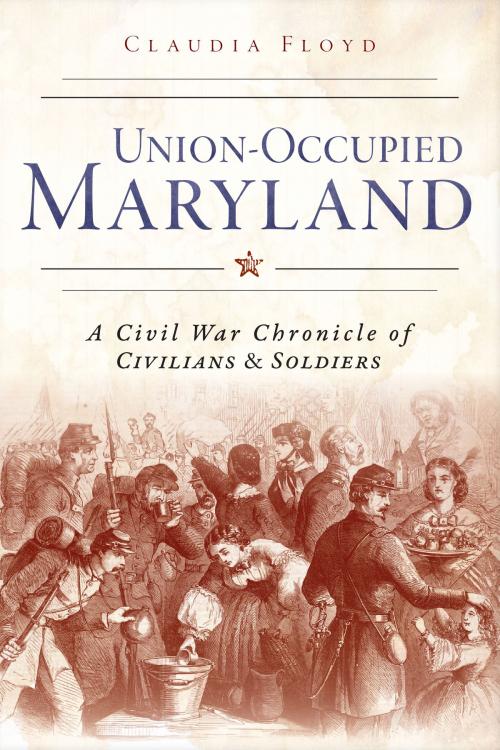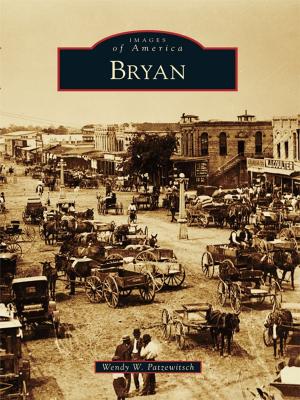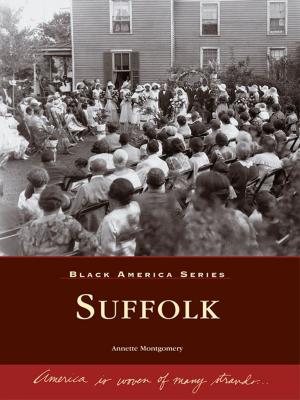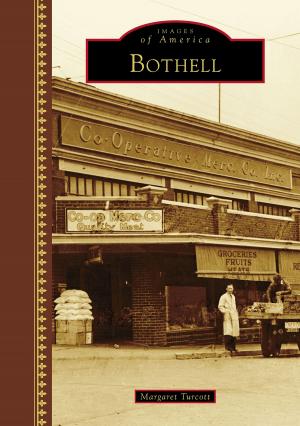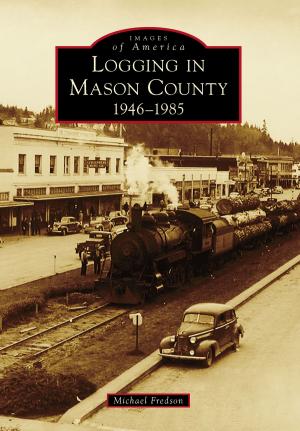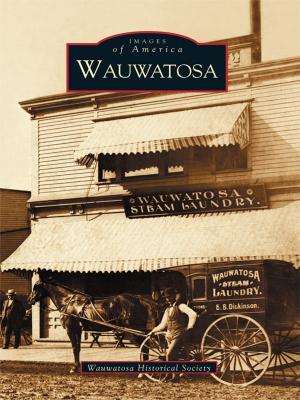Union-Occupied Maryland
A Civil War Chronicle of Civilians & Soldiers
Nonfiction, History, Americas, United States, Civil War Period (1850-1877)| Author: | Claudia Floyd | ISBN: | 9781625851406 |
| Publisher: | Arcadia Publishing Inc. | Publication: | July 1, 2014 |
| Imprint: | The History Press | Language: | English |
| Author: | Claudia Floyd |
| ISBN: | 9781625851406 |
| Publisher: | Arcadia Publishing Inc. |
| Publication: | July 1, 2014 |
| Imprint: | The History Press |
| Language: | English |
When the first Federal troops arrived in the spring of 1861, Maryland was in the precarious position of a border state. Predominately loyal to the Union, Marylanders saw the influx of soldiers as defenders. Yet for the minority supporting the Confederacy, the Federals were oppressors. Historian Claudia Floyd explores this complex relationship between Maryland civilians and their Union occupiers. Residents on both sides of the conflict faced pillaging, vandalizing and criminal acts from errant soldiers. Civilians also quickly realized that Federal troops could not guarantee protection from Confederate invasions. Meanwhile, there was a strong backlash over African American emancipation and enlistment in the longtime slave state. Through contemporary accounts, Floyd creates a nuanced portrait of citizens and soldiers caught up in the turbulent upheaval of war.
When the first Federal troops arrived in the spring of 1861, Maryland was in the precarious position of a border state. Predominately loyal to the Union, Marylanders saw the influx of soldiers as defenders. Yet for the minority supporting the Confederacy, the Federals were oppressors. Historian Claudia Floyd explores this complex relationship between Maryland civilians and their Union occupiers. Residents on both sides of the conflict faced pillaging, vandalizing and criminal acts from errant soldiers. Civilians also quickly realized that Federal troops could not guarantee protection from Confederate invasions. Meanwhile, there was a strong backlash over African American emancipation and enlistment in the longtime slave state. Through contemporary accounts, Floyd creates a nuanced portrait of citizens and soldiers caught up in the turbulent upheaval of war.
